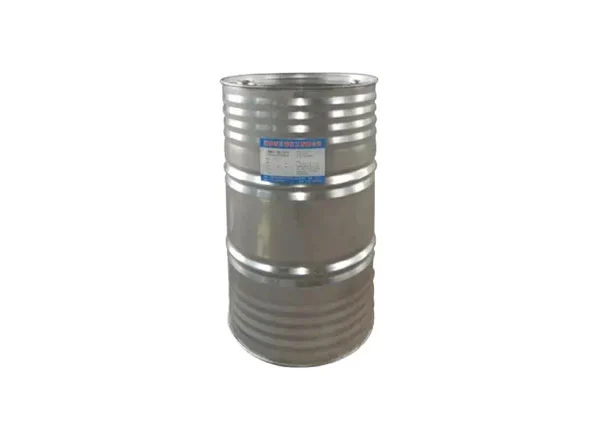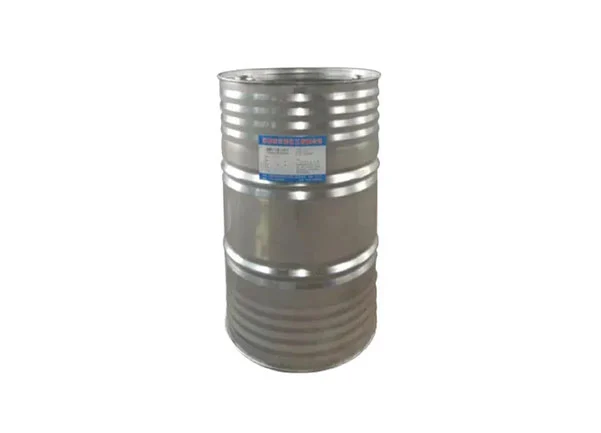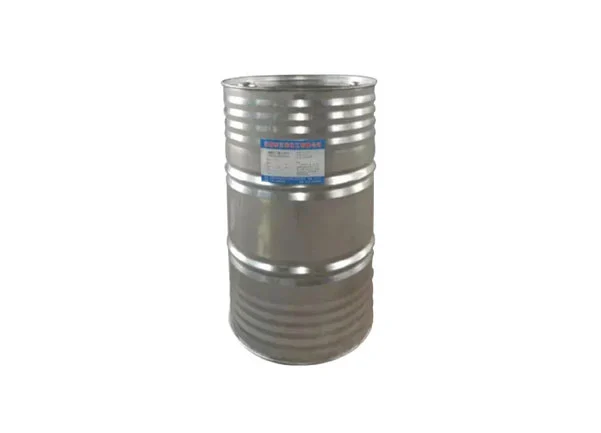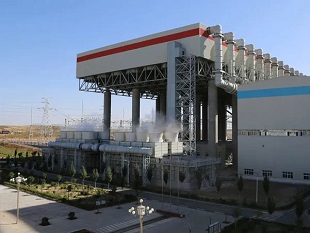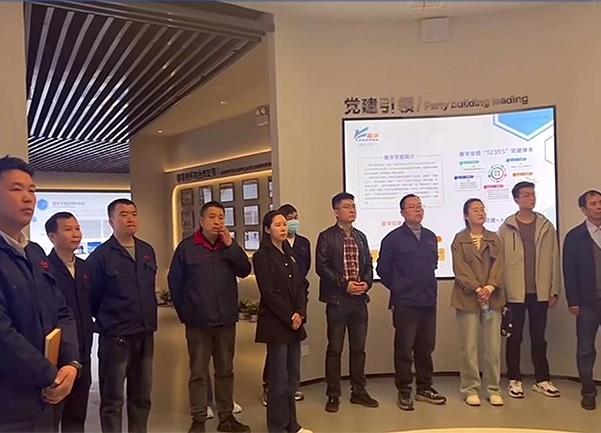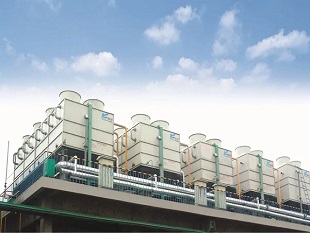a. Surfactants: They are used to reduce the surface tension of the water and improve the spreadability of the herbicide across the target area. Surfactants help break up the waxy cuticle on the surface of the plant, allowing the herbicide to penetrate the plant and be absorbed more effectively.
b. Spreader-stickers: They help the pesticide stick to the surface of the plant, reducing the runoff of the product and improving its effectiveness. Spreader-stickers can also help the pesticide spread more evenly across the target area.
c. Buffers: These are used to adjust the pH level of the pesticide mixture, ensuring optimal performance of the active ingredient by protecting it from degradation and reducing interactions with the environment.
d. Drift control agents: They help to reduce the amount of the pesticide that drifts off the target site, thereby reducing the risk of contamination of adjacent areas and environmental harm.
e. Defoamers: They help to reduce the amount of foam generated during the mixing process, minimizing any loss of pesticide due to foam formation.



